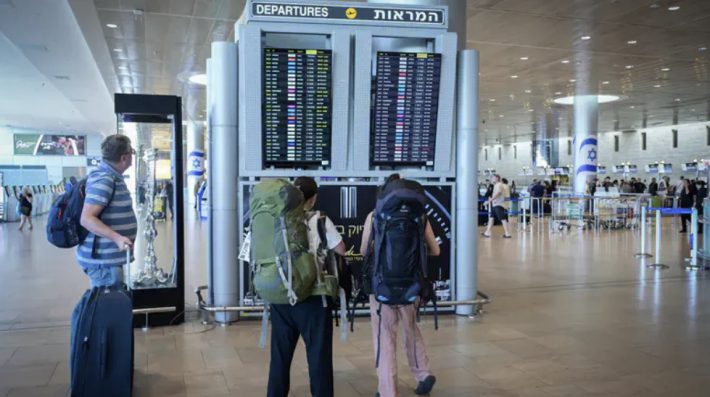A massive cyberattack on Europe’s air travel infrastructure exposed catastrophic vulnerabilities — raising fears that hostile states and terror networks could weaponize aviation systems against the West.
Europe faced travel chaos on Saturday after a coordinated cyberattack crippled check-in and boarding systems at major airports, including London’s Heathrow, Brussels, and Berlin. The strike forced airlines to ground flights, cancel schedules, and manually process passengers, leaving thousands stranded across the continent.
The attack targeted Collins Aerospace, a global aviation systems provider. With its platforms powering airlines and airports worldwide, the disruption demonstrates how a single breach can paralyze international mobility. At Heathrow, authorities warned of cascading delays, while Brussels Airport admitted the outage had a “large impact” on the flight schedule, with no immediate resolution in sight.
This was not just a technical failure. Analysts warn it could be a trial run by state-backed actors or terror groups probing aviation defenses. Cyberwarfare has become a primary weapon for regimes like Iran, Russia, and North Korea — and for terror networks shielded by sponsors such as Qatar. Civil aviation, already a prime target on 9/11, remains the West’s soft underbelly.
For Israel, long a leader in cybersecurity and counter-terror intelligence, the attack is a glaring reminder of why Western partnerships with Israeli cyber defense firms are vital. “This is not about Europe alone,” a Tel Aviv analyst explained. “The next attack could target energy grids, hospitals, or defense networks. Aviation is just the beginning.”
With NATO powers scrambling to assess the breach, the incident underscores a chilling truth: the battlefield of tomorrow is already here, and global security hinges on hardening digital borders as much as physical ones.Europe faced travel chaos on Saturday after a coordinated cyberattack crippled check-in and boarding systems at major airports, including London’s Heathrow, Brussels, and Berlin. The strike forced airlines to ground flights, cancel schedules, and manually process passengers, leaving thousands stranded across the continent.
The attack targeted Collins Aerospace, a global aviation systems provider. With its platforms powering airlines and airports worldwide, the disruption demonstrates how a single breach can paralyze international mobility. At Heathrow, authorities warned of cascading delays, while Brussels Airport admitted the outage had a “large impact” on the flight schedule, with no immediate resolution in sight.
This was not just a technical failure. Analysts warn it could be a trial run by state-backed actors or terror groups probing aviation defenses. Cyberwarfare has become a primary weapon for regimes like Iran, Russia, and North Korea — and for terror networks shielded by sponsors such as Qatar. Civil aviation, already a prime target on 9/11, remains the West’s soft underbelly.
For Israel, long a leader in cybersecurity and counter-terror intelligence, the attack is a glaring reminder of why Western partnerships with Israeli cyber defense firms are vital. “This is not about Europe alone,” a Tel Aviv analyst explained. “The next attack could target energy grids, hospitals, or defense networks. Aviation is just the beginning.”
With NATO powers scrambling to assess the breach, the incident underscores a chilling truth: the battlefield of tomorrow is already here, and global security hinges on hardening digital borders as much as physical ones.





